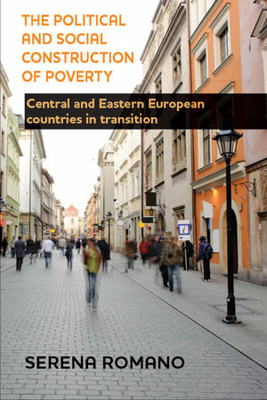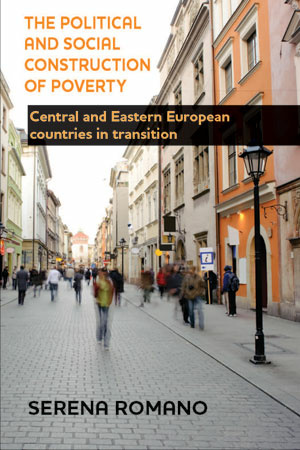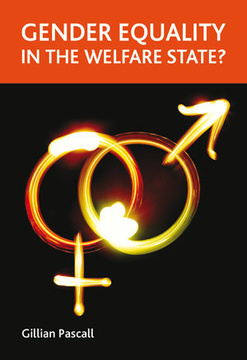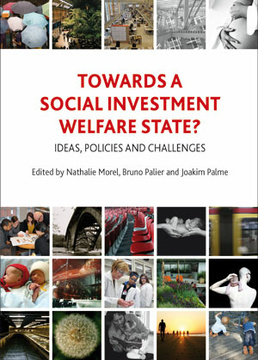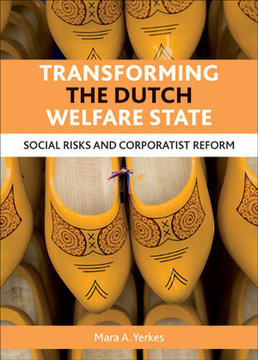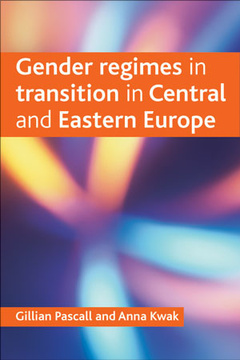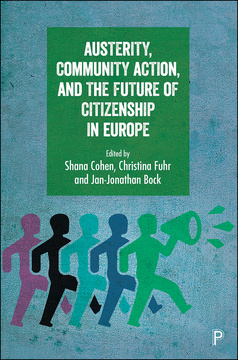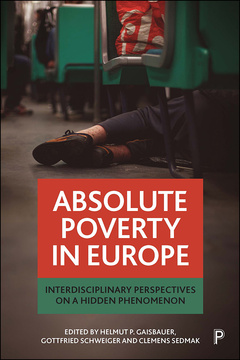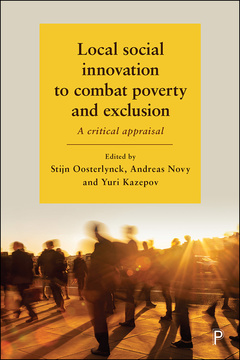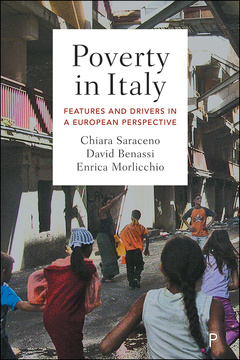The Political and Social Construction of Poverty
Central and Eastern European Countries in Transition
By Serena Romano
Published
Jan 29, 2014Page count
272 pagesISBN
978-1447312710Dimensions
234 x 156 mmImprint
Policy PressPoverty is not a neutral phenomenon, nor are social inclusion programmes neutrally conceived, designed and implemented.Their ultimate nature is built upon ideas, values, actors, politics and economic constraints.This topical book is one of the first to examine the social and political construction of anti-poverty programmes in Central Eastern Europe and their transformation from communist rule to the current economic crisis. It covers the approach towards the ‘parasite’ poor through to Guaranteed Minimum Income Schemes and illustrates how the distinction between different categories of ‘deserving’ and ‘undeserving’ poor has evolved over the years as the result of changing paradigms, combined with the pressure exerted by domestic and international actors, the European Union and the World Bank among others. This text breaks new ground for social policy students and scholars interested in understanding how differently post-communist welfare states have represented, legitimised and dealt with poverty, need and social justice in accordance with divergent normative frameworks constructed at national level.
"This volume will be of interest to both academics and domestic and international policymakers concerned with the persistent problems of welfare reform, poverty and social exclusion in Europe." LSE Book Review
"An important contribution to social policy studies" Critical Social Policy
Serena Romano holds a PhD in Social Research and is currently a research fellow at the University of Naples Federico II, Italy. She was previously a post-doctoral fellow at the University of Salerno. Her primary research interests include comparative social policy, welfare change, poverty and the ethical foundations of anti-poverty programmes.
Preface;
Part One: The construction of poverty before 1989;
Social policy in Central Eastern Europe;
The lifespan of a model: the construction of poverty;
Poverty in transition;
Part Two: Poverty and welfare reforms after the transition;
East meets West: CEE countries, monetary institutions and the European Social Model;
The new poor in the new Europe: the end of a stigma?;
The construction of poverty in times of austerity;
Conclusions;







